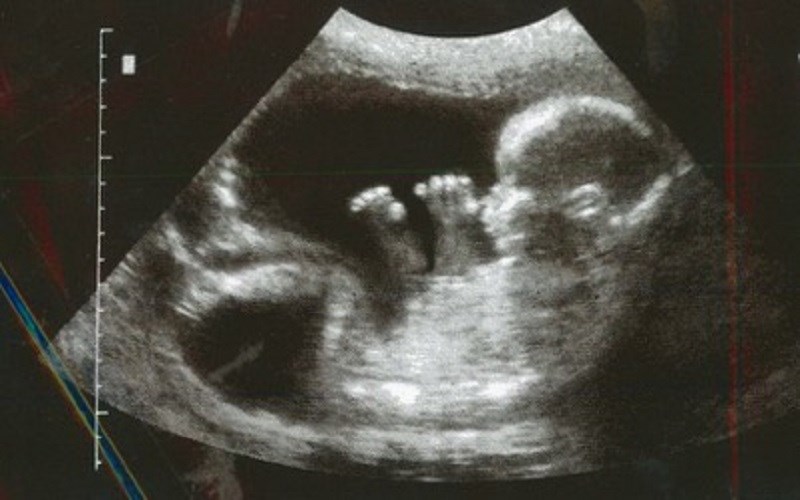Issue 1, a state referendum to make abortion a constitutional right, passed overwhelmingly Tuesday 56% to 43%. Abortion supporters defeated pro-life voters by approximately 511,000 votes out of 3.8 million votes that were cast.
Abortion supporters canvassed the state and spent tens of millions of dollars in red-state Ohio to support a “yes” vote to approve Issue 1, aware they were doing so in Republican territory. Outspending their opponents 3-to-1, the abortion side convinced Ohioans to mark “yes” on a ballot with the phrase “unborn child” printed on it three times.
 In a state that Donald Trump won by eight points in 2020, exit polling of Ohio voters said 1 in 5 Republicans and two-thirds of Independents said they backed the constitutional amendment, according to an Associated Press story.
In a state that Donald Trump won by eight points in 2020, exit polling of Ohio voters said 1 in 5 Republicans and two-thirds of Independents said they backed the constitutional amendment, according to an Associated Press story.
“If I were an antiabortion politician, I’d be scared,” abortion supporter Tresa Undem, a public opinion researcher, told The Associated Press.
Among staunch pro-life activists, however, the only fear expressed after Issue 1 passed was for the abortion supporters who hugged each other and wildly cheered its passage late Tuesday night.
“The sound of cheering the right to dismember and mutilate infants in the womb is the sound of hell,” Sean Feucht, a Christian singer/evangelist, reacted in a Twitter post. “Only a demonic people,” he wrote, “would join in this celebration.”
 Reacting to exit polls showing Ohio voters supported Issue 1, writer-commentator Matt Walsh predicted some conservatives will urge fellow pro-lifers to “give up” on the abortion issue.
Reacting to exit polls showing Ohio voters supported Issue 1, writer-commentator Matt Walsh predicted some conservatives will urge fellow pro-lifers to “give up” on the abortion issue.
“I will never accept it,” he wrote. “I don’t care what the polls say. Forfeit this fight and you forfeit your soul. Nothing matters after that.”
In a post-election analysis on American Family Radio, Blaze TV host Steve Deace said he had predicted months ago the national pro-life movement was unprepared for what he called a “post-Roe world,” referring to the landmark U.S. Supreme Court ruling in the Dobbs abortion case. The leading pro-life groups are structured to operate on a national level and view the abortion fight as a national fight, he told show host Jenna Ellis, so he fears they will not learn from their loss in a conservative state like Ohio.
The pro-life movement somehow took its huge national win in the Dobbs case, Deace said, “and turned that into its own Little Big Horn.”
In a Tuesday night Twitter post about the Ohio loss, pro-life activist Lila Rose seemed to channel Deace’s advice about a post-Roe political landscape.

“The pro-life movement must adapt to win,” she wrote. “We have to throw out the old playbook and dive headfirst into a strategy that can win the hearts and minds of the American people and translate into electoral victory.”
In a second Twitter post, which puts the Issue 1 loss in perspective, Rose said abortion supporters outspent the pro-life side by $12 million in the weeks before Election Day. Ohioans were “bombarded” with pro-abortion ads thanks to that money, she said.
The Democratic Party also spent more money on Issue 1 than the Republican Party, and Rose said the GOP failed to get behind the pro-life effort to fight passage of Issue 1.
In a Tuesday night response to Rose, seminary professor Denny Burk respectfully countered that more money and better messaging won't fix the issue of abortion.
"We live in a culture that idolizes sexual freedom," he wrote. "In order to have this, the idolaters have concluded that they must be freed from the consequences of their own fertility. So when the Pill or other birth control measures fail, abortion is the fail-safe."
The issue is really a spiritual one, he concluded, that is "rooted in the fallen human condition." What public policy, he asked, can fix that?














